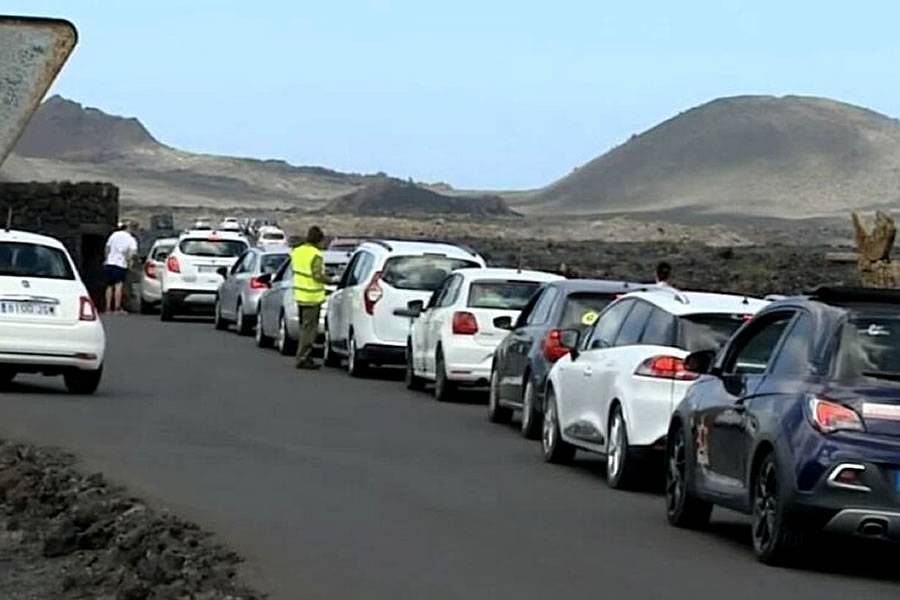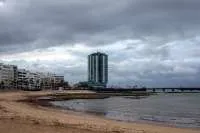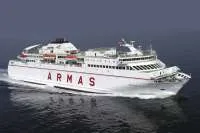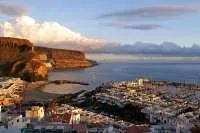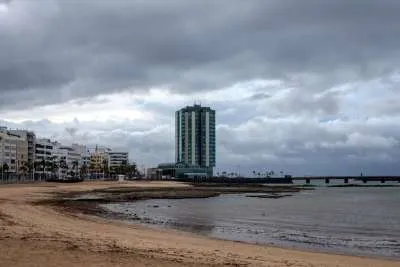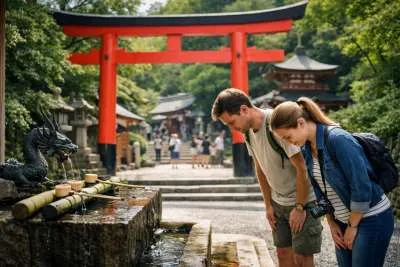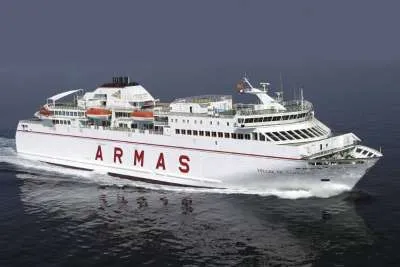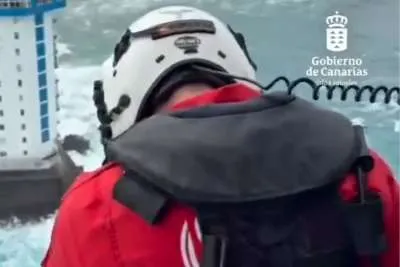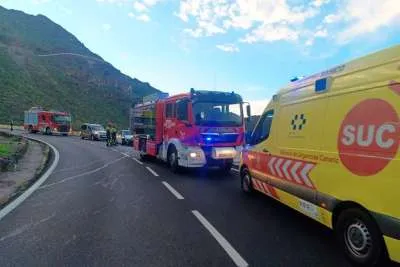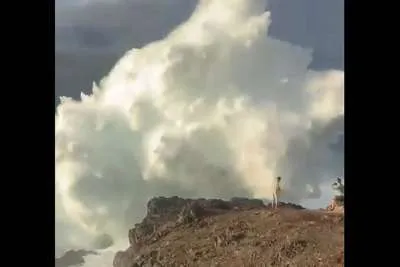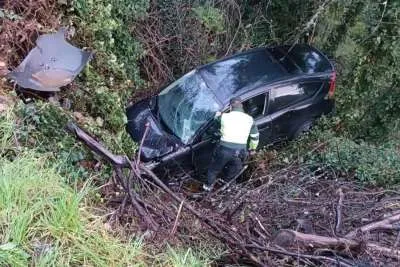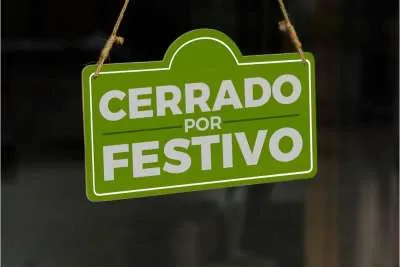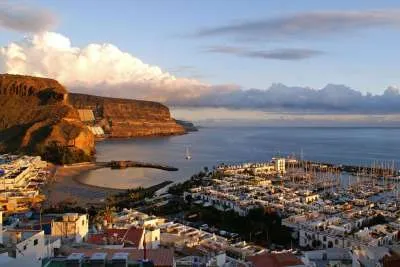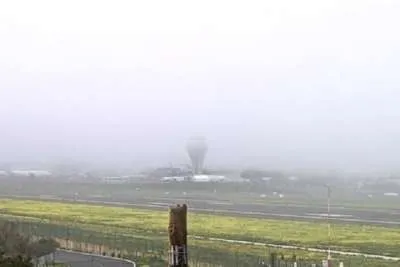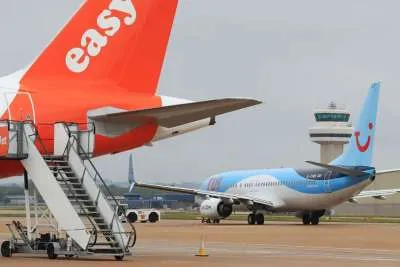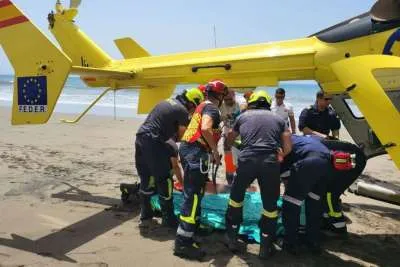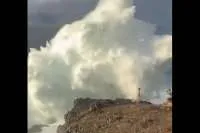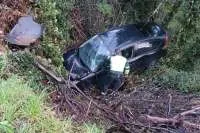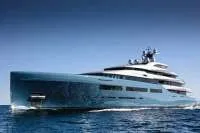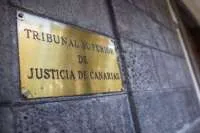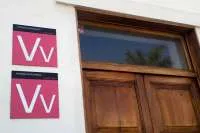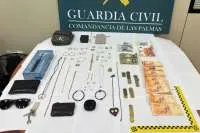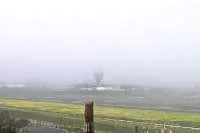The Ministry of Tourism agrees with charging people to enter protected spaces such as Teide
- 06-04-2024
- National
- Canarian Weekly
The Ministry of Tourism have said that they are in favour of charging for access to protected areas across the Canary Islands, as is done in Timanfaya Park in Lanzarote, and also for opening a debate on the implementation of an ecotax, although doubt its effectiveness.
In an interview with EFE, the minister, Jessica De Leon, said she agrees with charging everyone for visiting protected natural areas, including residents, although she reminds that this is the responsibility of the island councils (Cabildos).
Citing Lanzarote as an example, which plans to raise around 40 million euros this year through charging, she said it "contributes to the management and protection of the environment."
Regarding the debate on implementing an ecotax in the Canary Islands, she distinguishes between a "fee for service provision," such as charging for access to protected areas, and a fixed fee, which would be what is known as an ecotax. She said she has her doubts, particularly considering "excessive revenue and management problems with resources in the Canary Islands.”
De Leon believes that implementing an ecotax would not solve the problems we have in the Canary Islands such as housing or traffic congestion, but is convinced that the business community and the main tourist organisations are willing to engage in this debate, and that the government is willing to chair it.
She acknowledges the widespread discontent among Canarians, rightly so, regarding soaring rental prices, food costs, and water cuts due to drought. However, she criticises certain groups for blaming and targeting the tourism sector.
The minister overlooks the frustration generated by the development of tourist projects such as Cuna del Alma, La Tejita Hotel, or Oliva Beach Hotel, all with irregularities and located in unique or protected areas. In fact, it was the Cuna del Alma project that ignited protests two years ago.
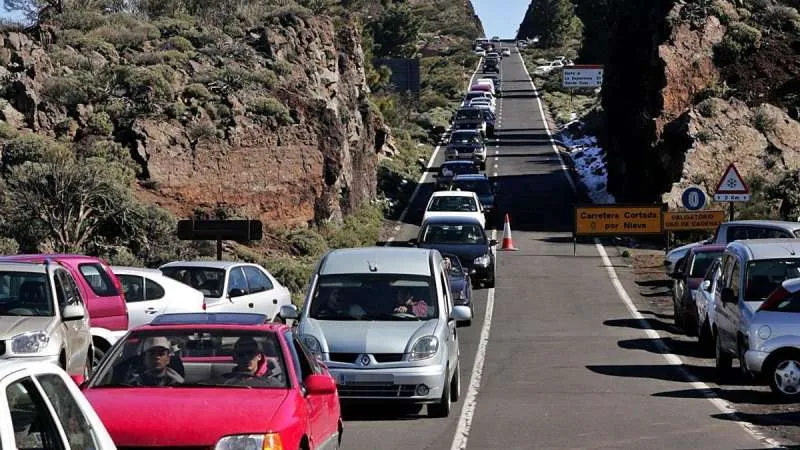
One of the aims is to reduce the number of cars entering these spaces by charging and encouraging coaches
The protests on April 20th on five islands, as their organisers insist on saying, are not against tourism or a product of alleged "tourismophobia." Instead, they demand an economic and developmental model change, halting the unstoppable growth of tourism in the Canary Islands, and implementing measures to protect the local population, such as restrictions on foreign property purchases, increased protection of natural areas, a tourist tax, and a moratorium in this sector.
This is supported by the fact that official data suggests that the record-breaking figures of 2023 will be surpassed in 2024.
The Minister of Tourism stated that she sympathises and strongly identifies with "many things" underlying the protests scheduled for April 20th, advocating for a new tourism model, such as environmental protection.
She admits that the tourism industry "has room for improvement, faces challenges, and is willing to address them," but warns against targeting tourists who come on holiday and are unaware of this reality. "By doing so, we only benefit direct competitors. Be cautious with these images, they benefit no one, especially not the working class," she said.
Other articles that may interest you...
Trending
Most Read Articles
Featured Videos
TributoFest: Michael Buble promo 14.02.2026
- 30-01-2026
TEAs 2025 Highlights
- 17-11-2025


